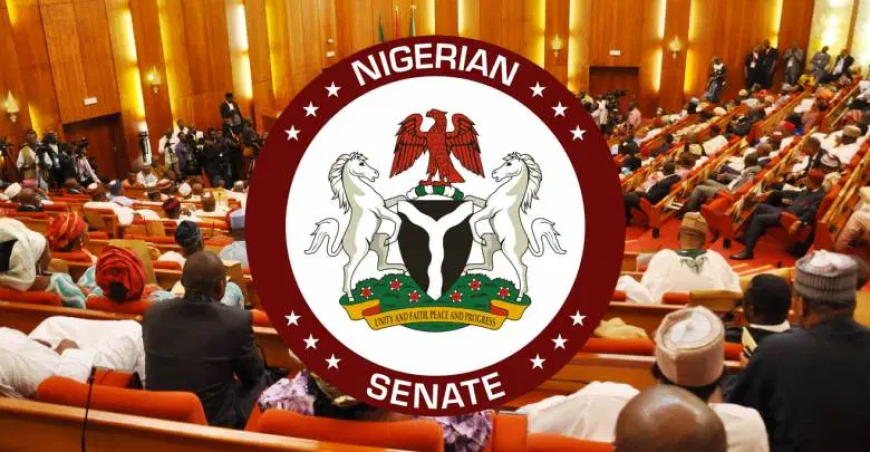Cross River, Rivers demand state police, LG autonomy, state creation

The constitutional review process gained renewed momentum on Friday in Calabar, Cross River State, as stakeholders from Cross River and Rivers States made a strong case for far-reaching reforms to Nigeria’s 1999 Constitution.
Key demands included the establishment of state police, local government autonomy, greater inclusion in governance, and the creation of new states.
The South-South zonal public hearing, organised by the National Assembly, drew a wide array of participants, including traditional rulers, federal and state lawmakers, ministers, and civil society groups, all converging to chart a more inclusive and responsive constitutional framework.
Representing Governor Bassey Otu, Cross River’s Deputy Governor, Peter Odey, described the review as “a profound moment in history” and urged the National Assembly to heed the voice of the people.
“This exercise reflects the hopes and aspirations of our people. We seek a more inclusive, just, and effective governance framework,” Odey said.
He emphasised that certain provisions of the current constitution have become outdated and inadequate in addressing Nigeria’s evolving socio-political landscape.
“The Constitution begins with the phrase ‘We the people.’ That is not a ceremonial opening, it is a declaration that sovereignty resides in the people, not in institutions or personalities,” he added.
“This review must reflect that truth by centering grassroots voices.”
Odey reaffirmed Cross River’s support for key reform areas, including women’s participation in politics, inclusion of persons with disabilities, state policing, and state creation.
Our women deserve a seat at the table, and our people living with disabilities must be fully included,” he said. “On state policing, we believe this is the time to get it right. The demand is not just popular; it’s necessary.”
Touching on state creation, Odey hinted at local aspirations without naming names. “We believe it is not only the military that can create states and local governments. This process can, and should, do so. I won’t say which state might emerge, so I don’t sound biased,” he added, drawing light laughter from the audience.
Representing Rivers State administrator, Ibok-Ete Ibas, Mrs. Vera Sam-Dike, announced the state’s support for 73 of the proposed constitutional amendment bills, covering areas such as electoral reforms, judicial restructuring, devolution of powers, and inclusive governance.
“We support resource control because it promotes inclusiveness, peace, economic growth, and national unity,” Sam-Dike stated. “We also back state police, women’s inclusion, disability rights, recognition of traditional institutions, and the creation of more states and local governments.”
Addressing the country’s security challenges, she underscored the urgency of decentralising policing. “The national security structure is overstretched. State policing is not just logical, it’s essential. States understand their terrain better and can act more swiftly to protect their citizens,” she said.
Both states agreed on the need for robust implementation of the eventual amendments, calling for continued stakeholder engagement to ensure that the revised constitution is reflective of Nigeria’s diverse realities.
“By adopting our recommendations, Nigeria can lay the foundation for a more equitable, inclusive, and prosperous nation. When citizens are included and heard, many of our national challenges begin to ease,” Sam-Dike concluded.

 admin
admin 


